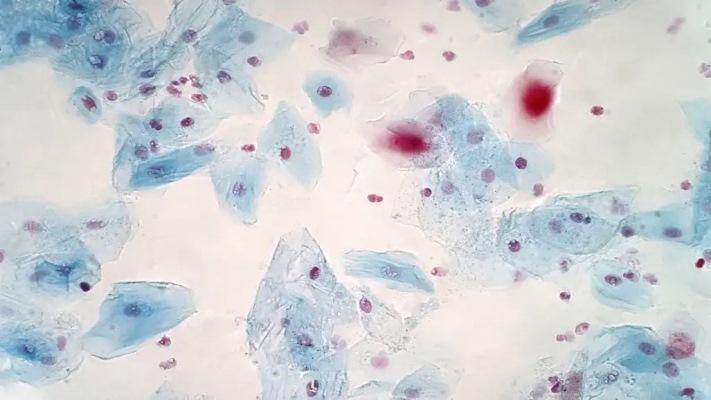The discovery marks a turning point in our understanding of the link between fusobacteria and head and neck cancer.

Treatment of head and neck cancer is notoriously complex, with few advances in the last 20 years. However, a team of UK researchers has recently made the startling discovery that Fusobacterium, a genus of bacteria that researchers have strongly linked to the presence and progression of various cancers, may also play a critical role in the fight against head and neck cancer. This discovery has significant implications for predicting survival in head and neck cancer patients, as well as for further understanding of the processes by which bacteria fight cancer-causing cells.
In scientific circles, Fusobacterium are generally considered carcinogenic. For example, recent studies have shown that Fusobacterium are present in higher numbers in samples with oral, head, and neck cancer compared to samples without cancer, and the authors stated that this may indicate that Fusobacterium may contribute to the development of oral, head, and neck cancer. Similarly, another recent study found that Fusobacterium are abundant in tongue cancer in the mouth.
In contrast to this strong pathological correlation, a team of researchers from Guy’s and St Thomas’ NHS Foundation Trust and King’s College London published a paper last month that suggests the opposite, highlighting a previously unknown beneficial ability of the bacteria. Their findings show, firstly, that head and neck cancer patients who had higher levels of the bacteria consistently had a better prognosis than those with lower levels. And secondly, that Fusobacterium does indeed have the ability to kill tumour cells. Two of the study’s authors, Dr Anjali Chandler, a senior research fellow at Guy’s; and Dr Miguel Reis Ferreira, a clinical scientist at King’s College London, commented on the dynamics of this process.
“We are currently investigating the mechanisms behind this observation, but from preliminary experiments we have established that Fusobacterium likely acts on head and neck cancer cells through a molecule they produce and release. Additionally, we all have lots of these bacteria in our mouths, but only a small proportion of people will develop oral cancer.”
Discoveries like these often quickly raise hopes that a definitive cure for cancer has finally been found. While emphasizing the significant promise of their research, Drs Chandler and Ferreira also cautioned that there is still much to learn.
“This study is a first step in optimizing patient outcomes in head and neck cancer and will help to better understand how bacteria and cancer interact. However, we still need to better understand its role, how best to use it, and whether we can exploit these properties in cancer treatment,” they said.
